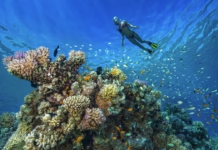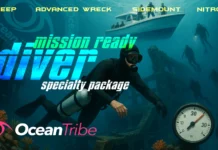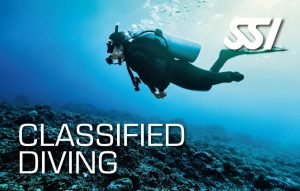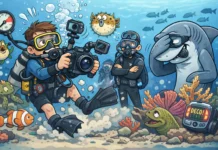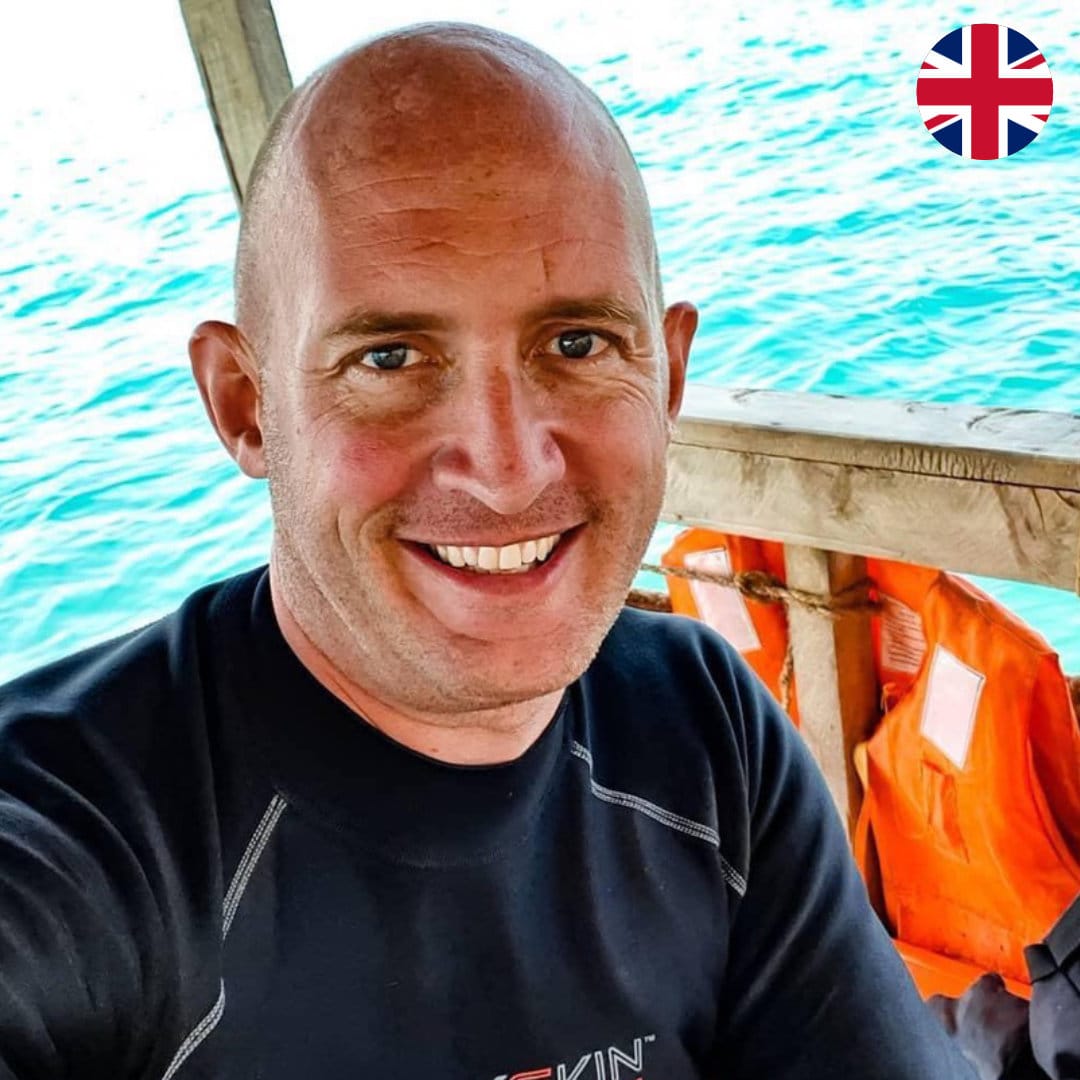CAN I DIVE? WHAT DO I NEED TO KNOW?
Scuba diving is an exciting and rewarding adventure, but it can be physically demanding. To stay safe, consider key factors before diving. Learn about the health and medical requirements for scuba diving here.
CAN I DIVE? SWIMMING REQUIREMENTS
As a general rule it is a good idea to be able to swim before undertaking scuba diving activities. Find out more about swimming requirements for dive programs here.
CAN I DIVE?- HEALTH REQUIREMENTS FOR SCUBA DIVING
Before scuba diving, you must complete a dive medical to determine if further assessment is needed. Below, you’ll find self-assessment questionnaires and physician forms to get started.
TRY DIVING & KIDS SCUBA COURSES
Complete the Try Diver Medical Statement & Questionnaire or Physician’s Approval to Dive to determine if you need a medical evaluation before scuba diving. Failing to complete this may prevent you from participating. If required, download and bring the Diver Medical Examiner’s Evaluation Form to your physician.
OPEN WATER DIVER STUDENTS
Review the Diver Medical Examiner’s Evaluation Form carefully. If you answer ‘yes’ to any health questions, you must take the completed form to your physician for medical clearance before starting your scuba diving course.
All participants training for an entry-level recreational diving certificate must be at least 10 years old. Divers under 18 require parental or guardian consent to begin training.
For divers under 12, please inform us before the course starts, as a private instructor will be required.
CERTIFIED DIVERS
Certified divers are not required to take a medical again prior to diving in Kenya. But we do advise that you only dive in good physical health. Abstain from alcohol and drugs before diving. Check if you are on any medication that is a contradiction to diving.
CONTINUING EDUCATION STUDENTS (ADVANCED, SPECIALTIES AND RESCUE DIVERS)
A medical evaluation is required for continuing scuba education. Print and bring the Diver Medical Examiner’s Evaluation Form to your physician. Without this, you may not be allowed to participate in your scuba diving course.
PROFESSIONAL DIVE COURSE STUDENTS
All students on Dive Guide, Divemaster, Instructor Training Course, Specialty Instructor Course or Assistant Instructor Trainer course. Must get a Diver Medical Examiner’s Evaluation Form filled out by a physician and bring it to their course. Failure to do so will mean you cannot participate in the program. SSI Pros are also required to have an annual dive medical to prove they are still fit to dive.
Completing the medical questionnaire accurately and honestly is essential for your safety while scuba diving. Many people underestimate the impact of medical conditions on diving or are unaware of potential risks. Failing to disclose health issues or providing false information can lead to serious injury or even death during a dive. Thoroughly completing the medical form is vital to protect both the diver and their group.
If it becomes clear during the activity that the medical form was completed incorrectly, either by omission or false statements, we reserve the right to prohibit participation in any scuba diving or snorkeling activities. The trip leader aboard the boat will have full discretion in these decisions.
All medical forms and information sheets are available in PDF format. If you don’t have Adobe Acrobat Reader, you can download it for free from Adobe.
For more details, check out our Frequently Asked Questions page or learn more about the process of starting your scuba diving journey.
CAN I DIVE?- DO I NEED INSURANCE FOR DIVING?
We highly recommend purchasing travel insurance to protect against trip cancellations due to illness, poor weather, travel delays, itinerary changes, lost luggage, or legal costs. However, most travel insurance policies do not cover diving accidents or related treatment and evacuation. For comprehensive scuba diving coverage, we suggest a dedicated policy like those offered by Dive Assure.
Dive Assure provides insurance specifically designed for divers, including coverage for overnight experiences. Their rider covers incidents such as flight delays or cancellations leading to missed departures, vessel mechanical issues, medical inability to dive, inclement weather, and named storms or cyclones. If you’re traveling during cyclone season (December to April), we strongly advise purchasing insurance well in advance that includes force majeure coverage for natural disasters.
Not all travel insurance policies cover scuba diving or water activities, so it’s essential to review policy details carefully. In the event of a medical emergency, evacuation, medical expenses, and vessel relocation costs are the financial responsibility of the customer.
For peace of mind, ensure your insurance covers all aspects of your diving adventure before your trip.
FLYING AFTER DIVING
Scuba diving regulations recommend waiting at least 12 hours before flying or going to altitude after a single no-decompression dive. For multiple dives, the recommended wait time is at least 24 hours to ensure safety.







